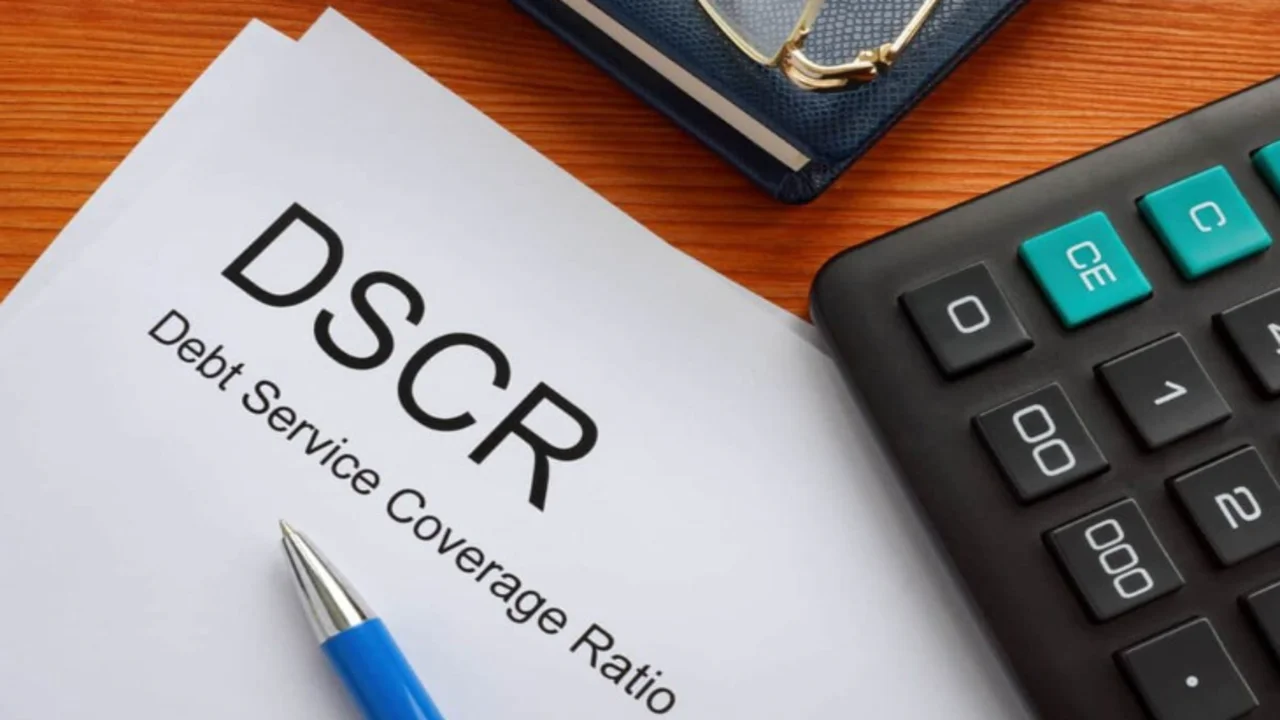In the world of real estate investment, financing options can vary widely, and one of the most discussed types is the DSCR (Debt Service Coverage Ratio) loan. These loans are tailored for investors, particularly those seeking income properties. Understanding when to use a DSCR loan and the benefits and challenges that come with it can help investors make informed decisions. In this article, we’ll dive into the advantages and disadvantages of DSCR loans, along with situations where they may be the right choice.
What is a DSCR Loan?
Before evaluating when to use a DSCR loan, it’s essential to understand what it is. A DSCR loan is a financing option designed for real estate investors who may not have a traditional credit history or consistent income. Unlike conventional loans, DSCR loans focus more on the property’s ability to generate income than the borrower’s financial situation.
The key metric used in DSCR loans is the Debt Service Coverage Ratio. This ratio is calculated by dividing the property’s net operating income (NOI) by the total debt service (monthly mortgage payments). Lenders use this ratio to determine if the rental income is enough to cover the loan payments.
So, when exactly can we choose DSCR loans? Also, a DSCR loan is good for investment, but are there any pros and cons associated with it? Let’s explore:
When is a DSCR Loan a Good Option?
1. When You Have Multiple Investment Properties
For real estate investors who have several properties, DSCR loans can be ideal. Since these loans prioritize the income generated by the property itself, investors with a portfolio of rental homes can use this income to qualify for additional loans. This makes it easier to expand their portfolio without needing to rely on their personal income or credit score.
2. When You’re Self-Employed or Have Irregular Income
Traditional loans often require proof of consistent income, which can be a challenge for self-employed individuals or those with an irregular income stream. Since DSCR loans focus on the property’s income rather than personal finances, they’re an excellent choice for those in these categories.
3. When You’re Investing in High-Yield Properties
If you’re investing in properties with a high rental yield, a DSCR loan may help you leverage that income to secure financing. For instance, if your property generates enough income to comfortably cover the mortgage payments, the lender may approve the loan despite other factors like credit score or employment history.
4. When You Need to Refinance an Investment Property
For investors looking to refinance their existing properties, DSCR loans can be a great option. If the property is generating sufficient rental income, the refinancing process can be smoother, as the lender will focus on the property’s ability to produce income rather than personal finances.
The Pros of Using a DSCR Loan
1. No Need for Personal Income Verification
One of the biggest advantages of a DSCR loan is that it doesn’t require personal income verification. This can be especially helpful for individuals with non-traditional income sources or fluctuating earnings, like freelancers or business owners. The focus is on the property’s financial performance, not your tax returns or salary.
2. Faster Approvals
Since DSCR loans don’t rely on traditional income verification, they often result in faster approvals. This can be beneficial for investors looking to close deals quickly, especially in competitive real estate markets where timing is crucial.
3. Flexibility in Qualifying Criteria
For borrowers who may not qualify for conventional loans due to a lack of credit history or issues with personal finances, DSCR loans offer a more flexible approach. As long as the property generates enough income to cover the debt, investors can secure financing.
4. Lower Down Payments
Depending on the lender, DSCR loans may offer lower down payment requirements compared to traditional loans. This can make it easier for investors to acquire properties without tying up a large amount of capital upfront.
The Cons of Using a DSCR Loan
1. Higher Interest Rates
While DSCR loans can offer greater flexibility, they often come with higher interest rates than traditional loans. Lenders view these loans as riskier, given that they depend on the property’s income rather than the borrower’s financial stability. This could lead to higher overall borrowing costs.
2. Strict Property Criteria
Not all properties are eligible for DSCR loans. Lenders may have specific requirements regarding the type, location, and condition of the property. If the property doesn’t meet these standards, it could make obtaining a DSCR loan more difficult.
3. Risk of Overleveraging
While DSCR loans can make it easier to acquire additional properties, they also come with the risk of overleveraging. If the rental income from a property decreases, you could struggle to make mortgage payments. This could lead to financial strain and potential foreclosure.
4. Potential for Limited Loan Amounts
Although DSCR loans are based on property income, some lenders may limit the loan amount based on factors such as the property’s value, location, or condition. In some cases, this could restrict how much you can borrow, especially for high-cost properties.
Conclusion
In summary, DSCR loans can be a powerful tool for real estate investors, but they aren’t suitable for everyone. By understanding when to use a DSCR loan, along with the pros and cons explained, investors can make informed decisions that align with their financial goals and risk tolerance. Always consult with a financial advisor to ensure that you’re choosing the right loan type for your investment strategy.

Shannon Reyes is a seasoned writer with a knack for crafting engaging blogs on a variety of service industries, including plumbing, cleansing, moving, pest control, and roofing. With a keen eye for detail and a passion for helping readers navigate complex topics, Shannon brings her expertise to life through informative and accessible content.











